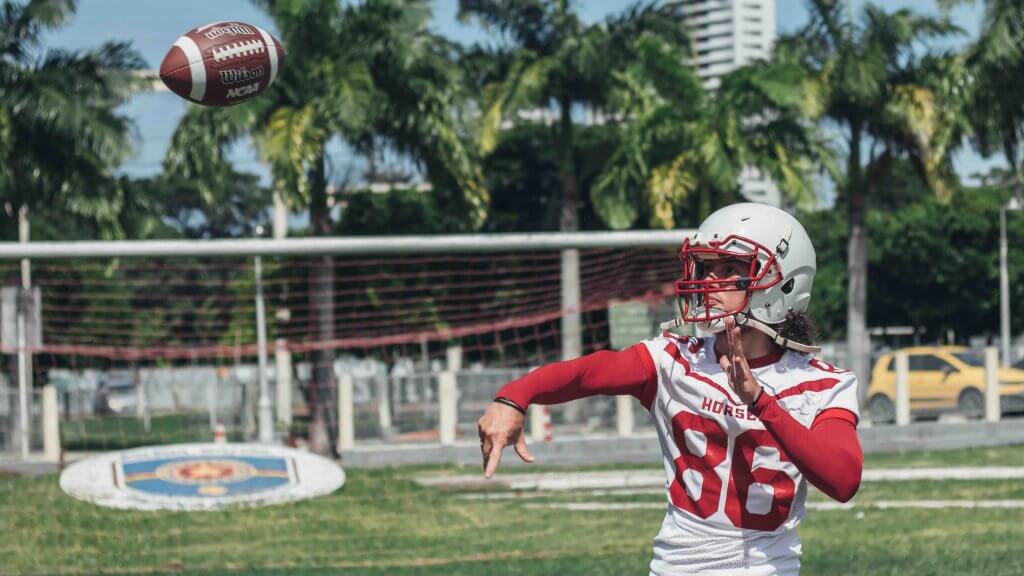Federal Judge Will Rule in Cambridge Christian’s Prayer Lawsuit
January 21st, 2022

Over five years later, a judge for a federal court is positioned to decide a prayer lawsuit regarding whether an Athletic Association in Florida unlawfully interfered with the First Amendment rights of a Christian school in Tampa after the Association banned the broadcast of a prayer that occurred during competition. During this championship football game, Tampa’s Cambridge Christian school played Jacksonville’s University’s Christian School for the 2015 class 2A championship. Federal judge Honeywell heard concluding arguments in December, 2021, both from the Association as well as the Christian school.
The Facts Behind the Prayer Lawsuit
During its regular season, the Christian school broadcast its pregame prayer among team members on speakers that transmitted the prayer throughout the bleachers. However, at the competition at the end of the season, the regulatory body that controls high school athletics in the area became involved.
The Association stated that teams must say prayers among themselves, provided the students guided the prayers, and that such prayers could not be transmitted over the loudspeakers. Letting the prayer be broadcast on a PA system at the stadium, the Association argued, constituted government speech, and violated the required separation between religious entities and government actors under the Constitution.
Following a yearlong review, Judge Honeywell dismissed the Christian school’s prayer lawsuit in 2017. Consequently, the case was dismissed. In 2019, however, a panel of judges from the 11th Circuit Court of Appeals issued a lengthy decision overruling the matter and stating that Judge Honeywell had made the decision too quickly. The panel of judges stated that they could not determine whether the claim would be successful, just that the Christian school had shown enough just cause to have the case heard.
Response to the Decision
National organizations, as well as politicians, have expressed support for the Christian school. The Florida House even passed a bill supporting the Christian school, but this measure died during a subsequent Florida Senate hearing last April.
The Christian school’s attorney argued that during a 2012 championship held in the same stadium, the Association permitted a pregame prayer to be played over the loudspeaker. The attorney further noted that high school students can distinguish between state-initiated, school-sponsored, or teacher-led religious speech on one side, and student-initiated on the other.
The attorney also argued that the Association had provided messages of a religious nature on social media accounts in the past. Additionally, the Association utilized stadium public address systems to request secular invocations like silent moments before games. For example, following the 2018 Marjory Stoneman Douglas Shooting, the association requested that crowds at championship games join together to offer positive thoughts to the victims.
In her motion for summary judgment, the Association’s attorney stated that these examples are all state-approved messages and not religious speech.
A decision in the prayer lawsuit is expected at some point within the next four months.
Tracking Religious Rights Cases
The basis of many cases arises from the creation of the United States Constitution. Despite this, each year there are still countless cases that question the role that religion plays in public places, including schools. The Universal Life Church’s blog focuses on documenting matters in a way that tries to explain even the most complex cases in simple terms as well as examine both sides of each argument.


